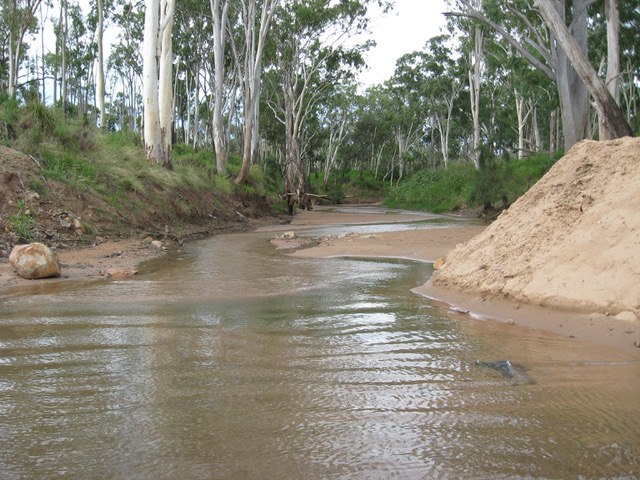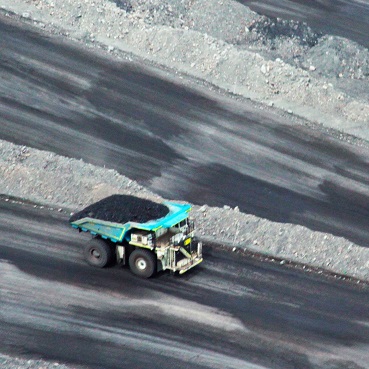In this explainer, we tackle the ‘water trigger’ in the Environment Protection and Biodiversity Conservation Act 1999. What is it? And what does it have to do with Adani’s North Galilee Water Scheme?
Adani’s plan to pump 12 billion litres of water a year from the Suttor River, to its proposed Carmichael coal mine has been given the green light to proceed without a federal assessment of its impact on Queensland’s precious water resources.
Why? Because in September the Department of Environment and Energy decided the ‘water trigger’ under the EPBC Act did not apply to the project.
But what is the ‘water trigger’, and what’s it got to do with Adani’s North Galilee Water Scheme?

In Australia the environmental impacts of developments can be regulated at a local, state and federal level.
The main act regulating federal impacts is the Environment Protection and Biodiversity Conservation Act of 1999 or EPBC Act. This act regulates impacts on Matters of National Environmental Significance (or MNES).
Examples of MNES include federally listed endangered species (like the black-throated finch), world heritage areas (like the Great Barrier Reef ) and internationally listed wetlands (like Kakadu National Park).
Significant impacts on these ‘MNES’ trigger assessment under the EPBC Act.
For example, if a development is likely to have a significant impact on a population of eastern quolls, which are a federally-listed endangered species, it triggers a federal assessment of the environmental impact of the project under the EPBC Act, which runs separate to any other state, local or federal assessments that need to take place.
In 2013 a new assessment trigger was added to the EPBC Act, which was significant impacts on water resources, from actions which involve a large coal mining development.
This is now called the ‘water trigger’, because it triggers a more rigorous assessment of surface and groundwater impacts from large coal mines and Coal Seam Gas projects that have a significant impact on our water resources.
The North Galilee Water Scheme proposed by Adani Infrastructure Pty Ltd involves the harvesting of up to 12 billion litres of water each year from the Suttor River in central Queensland to pipe water for use at Adani’s Carmichael Coal Project and potentially other coal mines in The Galilee Basin.
It has been referred to the federal government for assessment under the EPBC Act, but the water trigger has not been applied by the federal government.
The question a lot of people are asking now, is why not?
Why was this plan – a project that would pump billions of litres of river water a year to a massive coal mine – not considered an action involving a large coal mining development with a significant impact on water resources.
In other words, why doesn’t the water trigger apply to ensure more rigorous assessment of the surface water impacts of the mine?
More Mining & Fossil Fuels Updates






